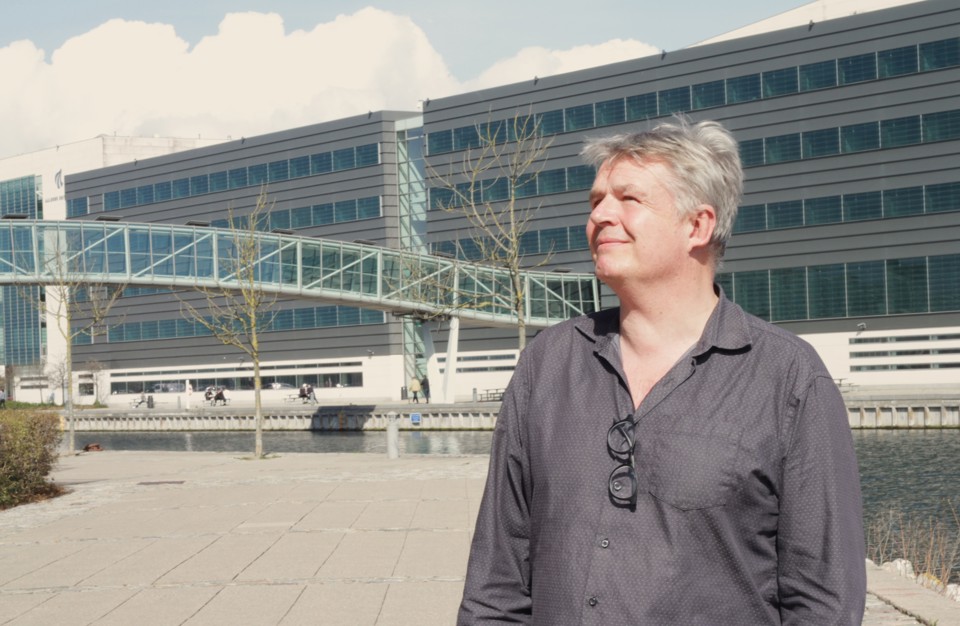By Tor Bagger, AAU Communications & Public Affairs. Translation: LeeAnn Iovanni. Photo: Tor Bagger
A Danish research project with links to several continents is now receiving prestigious funding from the European Research Council. Professor Steffen Bo Jensen at Aalborg University and his group of international researchers and collaborators have today been awarded an ERC Advanced Grant of EUR 2.5 million (approx. DKK 18.6 million) from the European Research Council's basic research fund.
Steffen Bo Jensen is affiliated with Global Refugee Studies at Aalborg University as well as the human rights organization DIGNITY. In many ways, his research career points towards the five-year project that is now receiving substantial European support. His work includes studies on gangs, police violence, prisons and vigilante groups in South Africa, the war on drugs in the Philippines and ghetto studies in Marseille. A recurring theme in these situations is what the researchers call "confined lives". The term covers various forms of confinement and exclusion, all of which contribute to constraining people's freedom.
- I have worked with prisons, urban marginalization and displaced people, and over the years it has become clear to me that these people are not only vulnerable as individuals, but also very much as families. All forms of confinement and exclusion affect several parts of a family network, also across national borders, and it makes more sense to study marginalization, displacement and incarceration simultaneously, because for most families they are two sides of the same coin, explains Professor Steffen Bo Jensen who heads the international project.
Whether examining marginalized slums, incarcerated or displaced persons, confinement and exclusion are about protecting some people – often the well-off – from those seen as a threat, i.e. slum dwellers, prisoners and migrants. In order to create new knowledge about these people, what they think and how they act, and to be able to describe their challenges, the researchers will examine them as parts of family networks across national borders rather than as individuals.
- Our goal is to find new ways to talk about confinement to contribute to a world that's just a little bit fairer. Global inequality is a problem for all of us, including the affluent, Steffen Bo Jensen points out.
- Inequality both drives and is driven by incarceration, displacement and marginalization. When inequality and hopelessness increase due to war, poverty or climate change, people seek new places, and if we don't find new ways to deal with this, we will end up resorting to more violence and incarceration. We will have to put more and more soldiers on higher and higher walls.
The research project CONFINED will, over five years, investigate the life of family networks across borders with the participation of international researchers as well as collaborators in Lebanon, Thailand and South Africa. The studies concentrate on connections between Britain and Sierra Leone, labour relations between Malawi and South Africa, expulsion from Myanmar to Thailand as well as Palestinians in closed areas, camps and prisons in both the Middle East and Denmark. One of the goals is to establish a global "language" of confinement in order to better understand and take action against social injustice.
